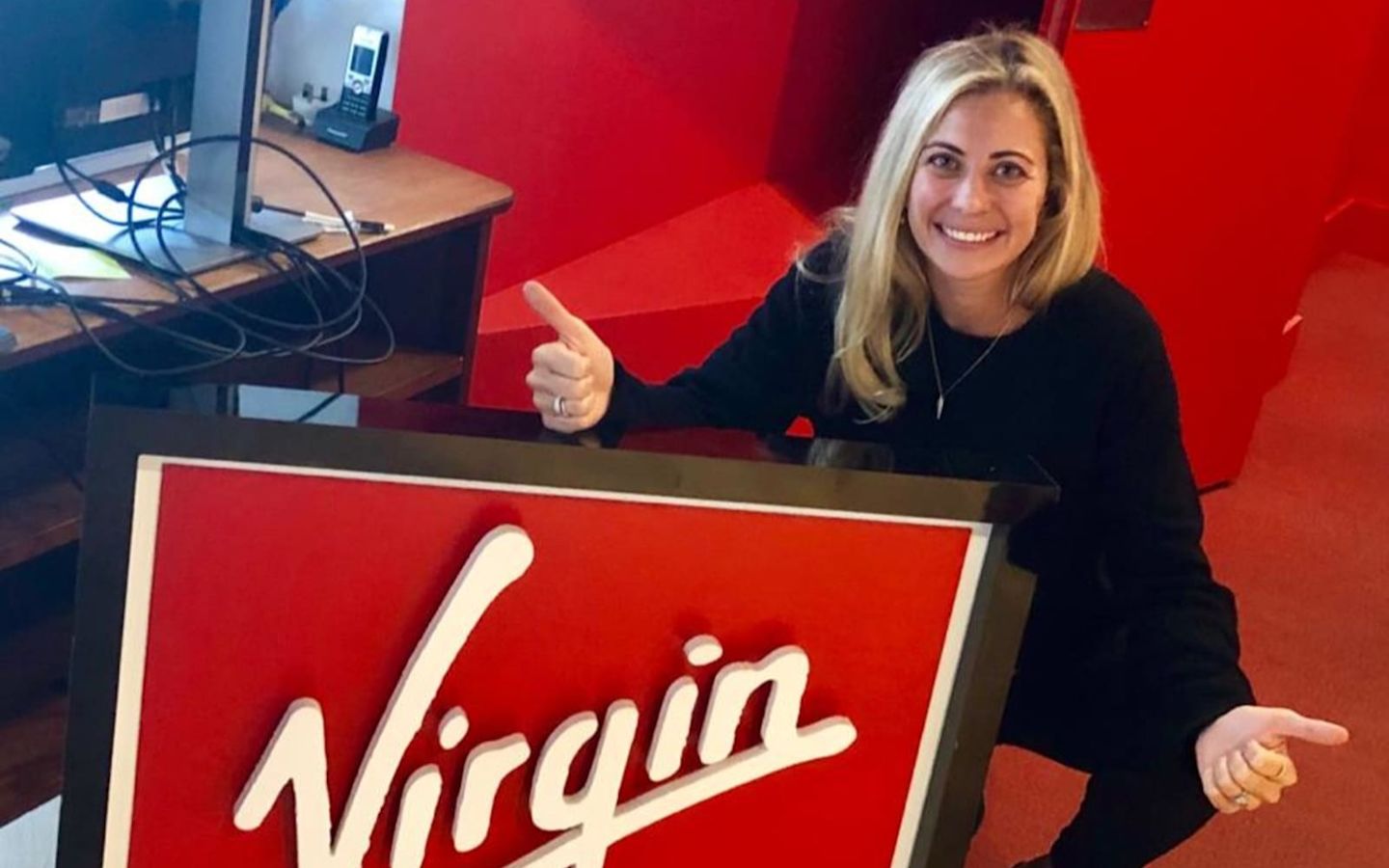10 ways to keep your purpose on point
One of the most important parts of building a business is finding your company’s purpose. It’s what inspired me to write WEconomy alongside my two purpose-driven friends - Marc and Craig Kielburger. We wanted to create a blueprint that businesses of all sizes, charities, social enterprises and individuals could follow to find their purpose.
10 years ago, Virgin Management decided to ban the term CSR (Corporate Social Responsibility) as it was increasingly becoming a buzz word used across the corporate world with no real substance. Instead, we all took a step back, thought hard about why we exist and the fundamental role and meaning the business has in people’s lives. From this process, our underlying purpose to ‘Change Business For Good’ was created and is now embedded into everything we do.
In the 21st century, your people and your customers rightly demand that businesses do the most that they can do when it comes to acting ethically – rather than the least they can get away with!
To meet these demands, purpose must be embedded into the very DNA of your business. If not, it’s impossible to create positive change that is meaningful and sustainable.
Here are 10 ways to keep your purpose on point:
1. You have a long-term vision, strategy, and budget to deliver your purpose.
2. The Board is reported to, engaged, and accountable - you have effective purpose governance.
3. The leadership team is engaged and accountable.
4. You have developed a measurement system to support the purpose strategy.
5. Incentives, rewards, and recognition are aligned to your purpose.
6. Your purpose is operationally embedded and is driving decisions.
7. Your purpose is considered and evident throughout your value chain.
8. Your risks are being effectively identified, mitigated, and managed.
9. You use purpose to drive innovation across the business.
10. You regularly analyse and report back on the output of your purpose strategy.
Hopefully these points will put you on the right track if you’re just starting out in business, or if you’re working in an established business that is starting to lose sight of its purpose.
You can also delve deeper into the topic by learning more about WEconomy and working out what your purpose barometer is telling you.





